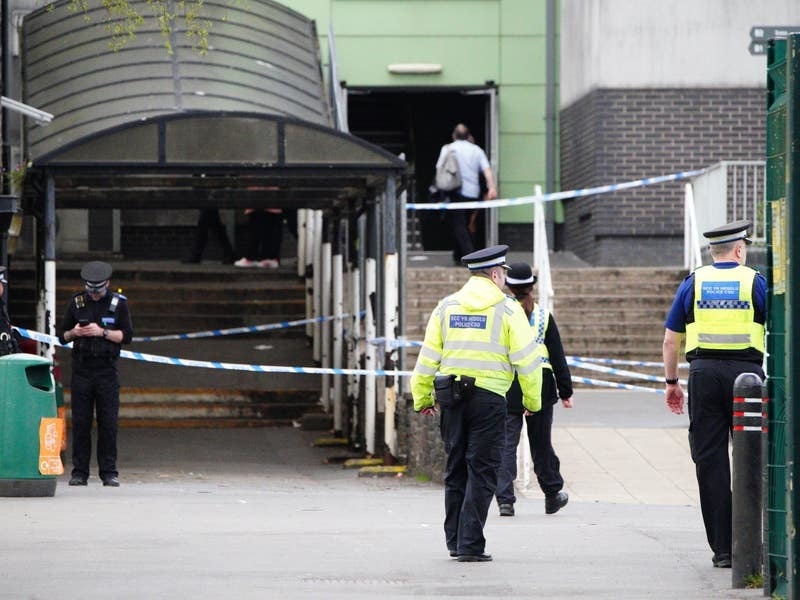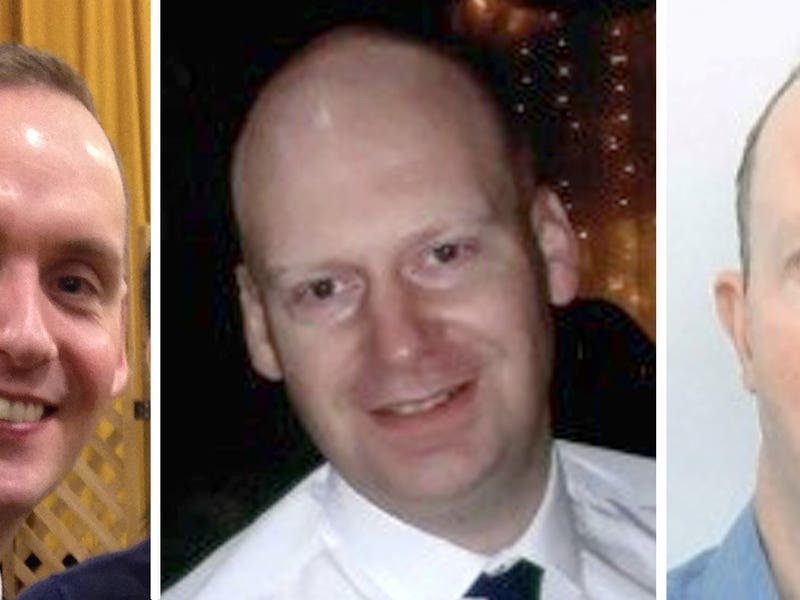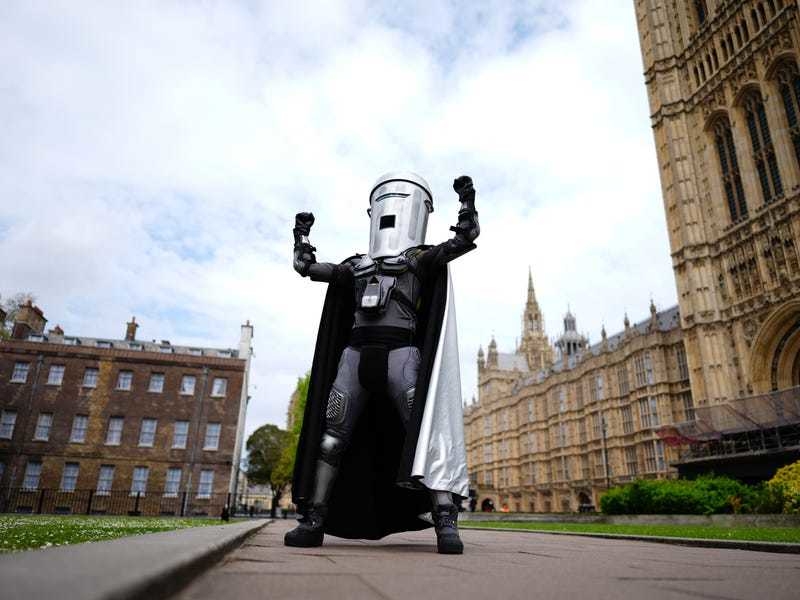MANDATORY suicide prevention training should be considered for all staff working in healthcare, an inquest into the death of a ‘much-loved son and brother’ has heard.
Concerns were raised in yesterday’s inquest about the mental-health care received by patients at the General Hospital, after the 23-year-old man managed to leave the building in 2019 without anyone noticing before taking his own life.
The findings of a serious-incident review by UK-based consultant psychiatrist Dr Paul Myatt, which made 12 recommendations, were endorsed by relief coroner Advocate Cyril Whelan.
These recommendations included the need for an updated suicide prevention policy and appropriate training for staff.
Dr Myatt suggested that ‘serious consideration’ should be given to the idea of introducing mandatory training for all staff working in healthcare, as is required by law in the UK.
The inquest heard that the young man had a ‘history of poor mental health’ including episodes of psychosis and paranoia, and had been ‘intermittently’ under the care of the Jersey Adult Mental Health Services for the past four years.
He had not previously self-harmed until a suicide attempt on a Friday afternoon in 2019 after a deterioration in his mental state.
This ‘very serious’ suicide attempt resulted in him being hospitalised as his self-inflicted injuries required surgery.
The man was regarded as being at ‘low risk’ by the mental-health team and it was not deemed necessary for him to have one-to-one supervision.
He was subsequently placed in an observation bed near the nurses’ station on Portelet Ward to await surgery for his injuries.
The following day – Saturday – the man’s father sat with him for the entire day. Nurses on the ward described the 23-year-old as ‘settled’, ‘co-operative’ and ‘agreeable’, and he confirmed that he had ‘no further suicidal thoughts or intentions’.
On Sunday morning, the young man was seen by a nurse near the lifts on the ward at around 10.45am. She explained that he did not look like he was about to leave, adding that it was not uncommon for patients to go for a walk around the Hospital to stretch their legs.
At around 11am, the mental-health care team came to speak to the patient but he could not be found anywhere in the building. It was only at this point that he was raised to ‘high risk’ status.
At 11.30am, the patient was reported missing and the States police were called. By the time he was found, he had taken his own life at a location away from the Hospital.
As part of his review, Dr Myatt spoke to staff at the Hospital about general arrangements for mental-health patients who needed to be cared for in a medical ward. The staff members described ‘conflicting advice’ about how to care for these patients.
The manager who was on duty on the night that the 23-year-old man was first admitted to hospital explained that she ‘believes that there is a gap with no clear policy or protocol to guide the care of potentially suicidal patients’.
Dr Myatt’s report also outlined concerns that the patient had been under the care of the Adult Mental Health Services for four years, yet had not received a formal diagnosis despite ‘consistent symptoms’. Dr Myatt admitted that he ‘would not have expected four years to pass with no formal diagnosis’.
The doctor suggested that nursing staff on Portelet Ward were ‘falsely reassured’ by the patient’s ‘low-risk’ status, as they were told that his risk of further self-harm was low.
Before leaving the Hospital, the patient was described by nursing staff as ‘calm’ and ‘serene’, which they took to be a positive sign. However, Dr Myatt explained that a trained mental-health care worker would have known to look out for sudden calmness as an indicator of someone who had decided to take their own life.
Advocate Whelan said that the ‘real heart of the problem’ was in the ‘difference between the two disciplines of mental and physical care’.
He added: ‘The reality is that Portelet Ward is a medical ward; it is not a psychiatric specialist ward and that’s not its function. In this case, it could not be classified as a “place of safety” as people are encouraged to get up and leave the ward.
‘There is a lack of cohesion between the two distinct disciplines [of mental and physical care], and some lack of understanding of what was expected of each.’
The 12 recommendations outlined in the conclusion of Dr Myatt’s report also recommended that ‘broad categorisations’ of suicide risk ‘should be avoided’ as they ‘cannot be made accurately’.
Speaking on behalf of the family, Advocate Alexander English described the young man as a ‘much-loved son and brother’ whose death had left a ‘gaping hole’ in the lives of his loved ones.
Advocate English added that the family’s ‘guiding star and fervent wish’ was to ‘ensure that no other family has to suffer an avoidable tragedy such as this one’.
Endorsing the recommendations of the report and recording a verdict of suicide, Advocate Whelan added: ‘I wish to be informed if any of the recommendations are not followed and the reasons why.’
The JEP and Bailiwick Express have decided not to name the deceased.






